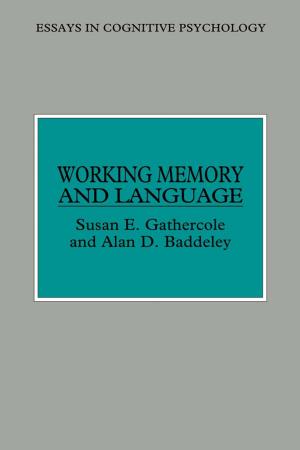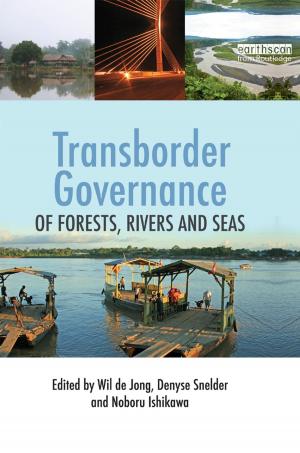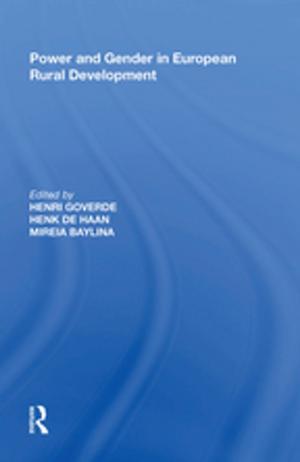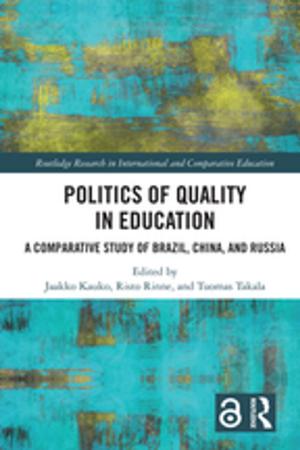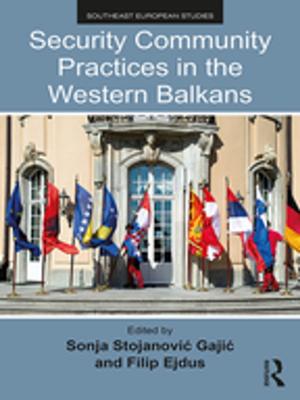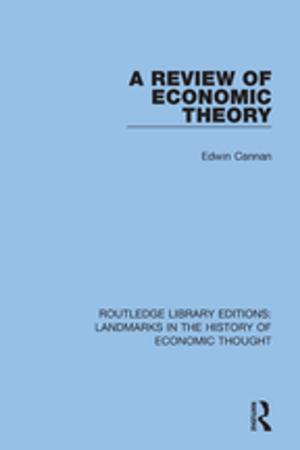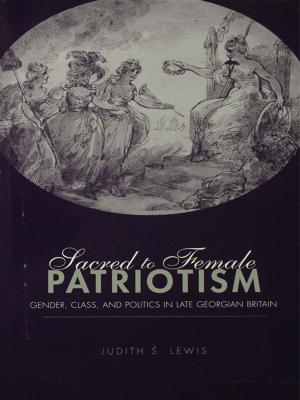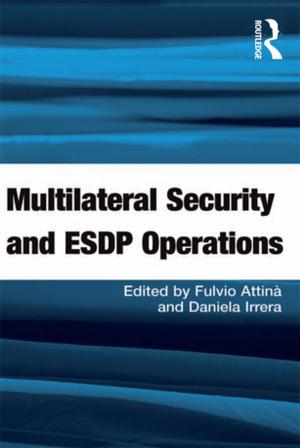Language Diversity and Education
Nonfiction, Reference & Language, Education & Teaching, Educational Theory, Bilingual Education, Teaching| Author: | David Corson | ISBN: | 9781135662981 |
| Publisher: | Taylor and Francis | Publication: | October 1, 2000 |
| Imprint: | Routledge | Language: | English |
| Author: | David Corson |
| ISBN: | 9781135662981 |
| Publisher: | Taylor and Francis |
| Publication: | October 1, 2000 |
| Imprint: | Routledge |
| Language: | English |
This introductory text for students of linguistics, language, and education provides background and up-to-date information and resources that beginning researchers need for studying language diversity and education.
Three framing chapters offer an update on the philosophy of social research, revealing how important language is for all the processes of learning in which humans engage, whether it is learning about the world through education, or learning about the nature of social life through research in the human sciences. These chapters also review the links between language, power, and social justice, and look at dynamic changes occurring in "language diversity and education" research.
Four central chapters give state-of-the-art, comprehensive coverage to the chief areas of language diversity that affect the practice of education: standard and non-standard varieties; different cultural discourse norms; bilingual and ESL education; and gendered discourse norms.
This book is intended for graduate students of applied linguistics, sociolinguistics, psycholinguistics, the social psychology of language, anthropological linguistics, and other related disciplines; and graduate students of education, including in-service teachers taking advanced professional development courses. Special features enhance its usefulness as a text for courses in these areas:
* A clear, jargon free writing style invites careful reading.
* All ideas are well within the range that graduate students in the language disciplines or in education can relate to their work, but theoretical ideas are kept to a necessary minimum and linked with practical examples in every case.
* Extensive references guide readers to the book's up-to-date, international, and cross-cultural bibliography.
* "Discussion Starter" questions at the end of each chapter highlight key points and stimulate informed, reflective discussion.
This introductory text for students of linguistics, language, and education provides background and up-to-date information and resources that beginning researchers need for studying language diversity and education.
Three framing chapters offer an update on the philosophy of social research, revealing how important language is for all the processes of learning in which humans engage, whether it is learning about the world through education, or learning about the nature of social life through research in the human sciences. These chapters also review the links between language, power, and social justice, and look at dynamic changes occurring in "language diversity and education" research.
Four central chapters give state-of-the-art, comprehensive coverage to the chief areas of language diversity that affect the practice of education: standard and non-standard varieties; different cultural discourse norms; bilingual and ESL education; and gendered discourse norms.
This book is intended for graduate students of applied linguistics, sociolinguistics, psycholinguistics, the social psychology of language, anthropological linguistics, and other related disciplines; and graduate students of education, including in-service teachers taking advanced professional development courses. Special features enhance its usefulness as a text for courses in these areas:
* A clear, jargon free writing style invites careful reading.
* All ideas are well within the range that graduate students in the language disciplines or in education can relate to their work, but theoretical ideas are kept to a necessary minimum and linked with practical examples in every case.
* Extensive references guide readers to the book's up-to-date, international, and cross-cultural bibliography.
* "Discussion Starter" questions at the end of each chapter highlight key points and stimulate informed, reflective discussion.

